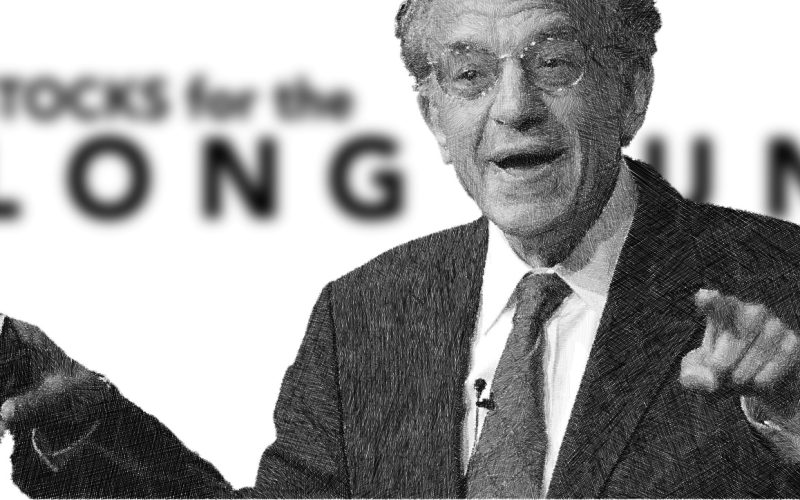by Professor Jeremy J. Siegel, Senior Economist to WisdomTree and Emeritus Professor of Finance at The Wharton School of the University of Pennsylvania
Friday’s market tremor was ignited not by economic data, which brought limited new releases, but by revived political uncertainty—specifically, President Trump’s abrupt reinvigorated tariff threats. Having previously signaled a baseline 10%/30% tariff framework for everyone/China, Trump escalated the rhetoric, floating a 50% tariff on the European Union and 25% tariffs for Apple’s China dominated production. Fortunately, over the weekend, he pulled his deadline and stocks recovered most of Friday’s losses.
The market has grown accustomed to Trumpian volatility and largely expect these new escalated tariffs to ultimately lead to a de-escalation and negotiation. Equities dipped not because such tariffs are guaranteed or even expected to last, but because even a 20% probability that we have higher baseline tariffs is a negative. Because of the cancellation, I believe equities can remain on a mildly constructive path.
Attention turned to the bond market last week when the 20-Year Treasury auction received a cool reception. Yields jumped, with the 10-Year pushing well above 4.50% and the 30-Year surpassing the psychologically important 5% mark. That triggered a temporary wave of panic about debt sustainability and market capacity for absorbing Treasury issuance. However, yields quickly reversed much of that move, suggesting the auction itself, not structural fears, was the catalyst.
I was baffled from commentator’s ‘surprise’ in the absence of deficit reductions from the House spending and tax bill—there was never a realistic expectation of substantial fiscal tightening in the current political climate. Medicaid, with its well-documented inefficiencies and ballooning costs, should be central to deficit reform, yet political messaging remains complex and muddled. If Republicans want to sidestep political fallout from here, they’ll need to explain their Medicaid proposals far more clearly to the electorate.
Meanwhile, the labor market continues to thread the needle. Weekly jobless claims remain comfortably in the 220,000 range, neither indicating labor market stress nor overheating. Inflation, too, seems to be settling, though the chatter among retail CEOs can be another political minefield. Walmart’s CEO should have spoken more carefully about price increases.
The Fed remains on hold with all this uncertainty. With the 10-Year yield hovering in the 4.50%-4.75% range, we are not yet at levels that signal true stress from a deficit standpoint. Yes, if yields push sustainably past 5%, we might start to hear louder calls from Congress to address long-term debt capacity. But we’re not there yet. Hold, on, there’s a lot of data next week.
Copyright © WisdomTree











